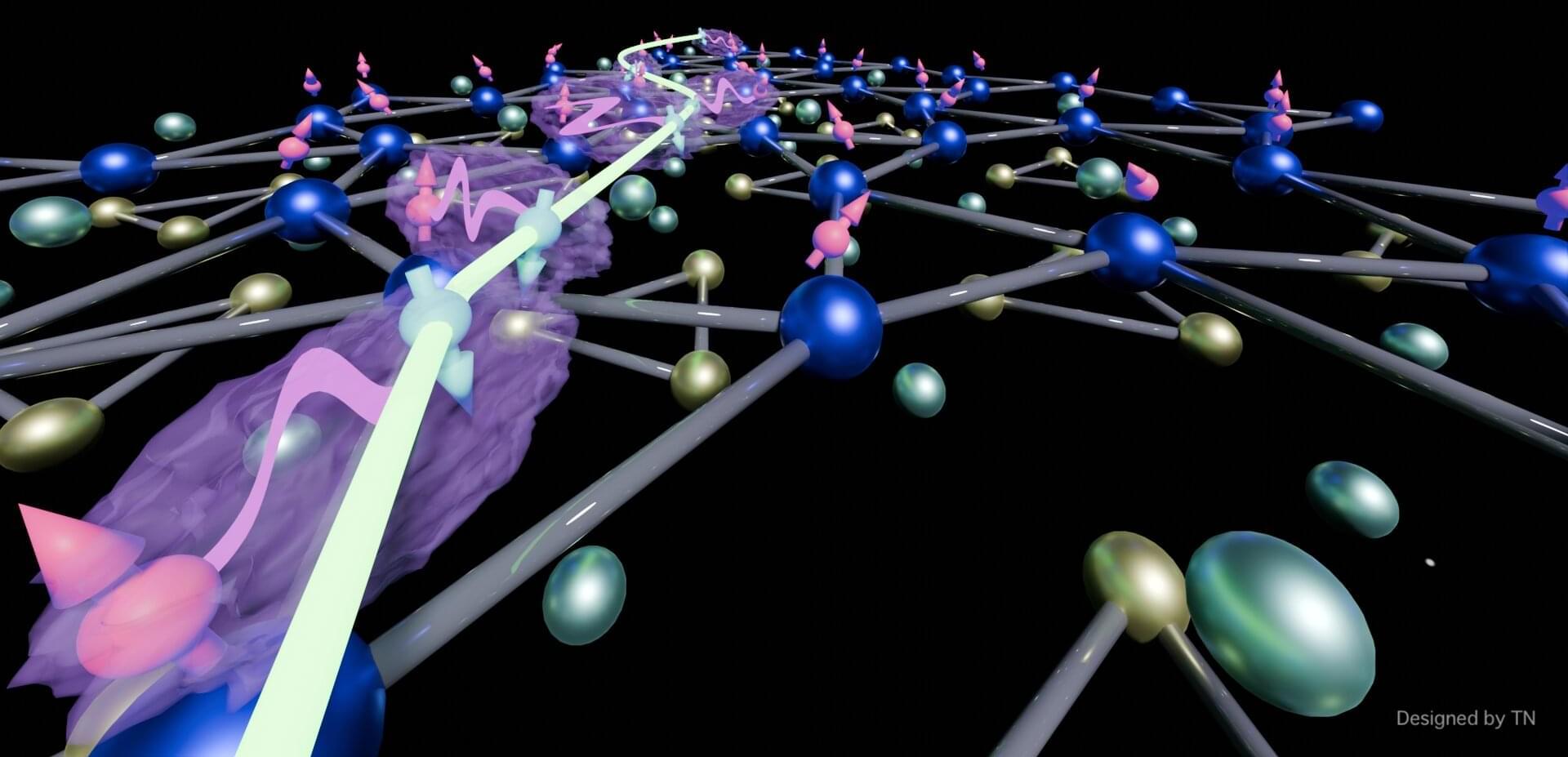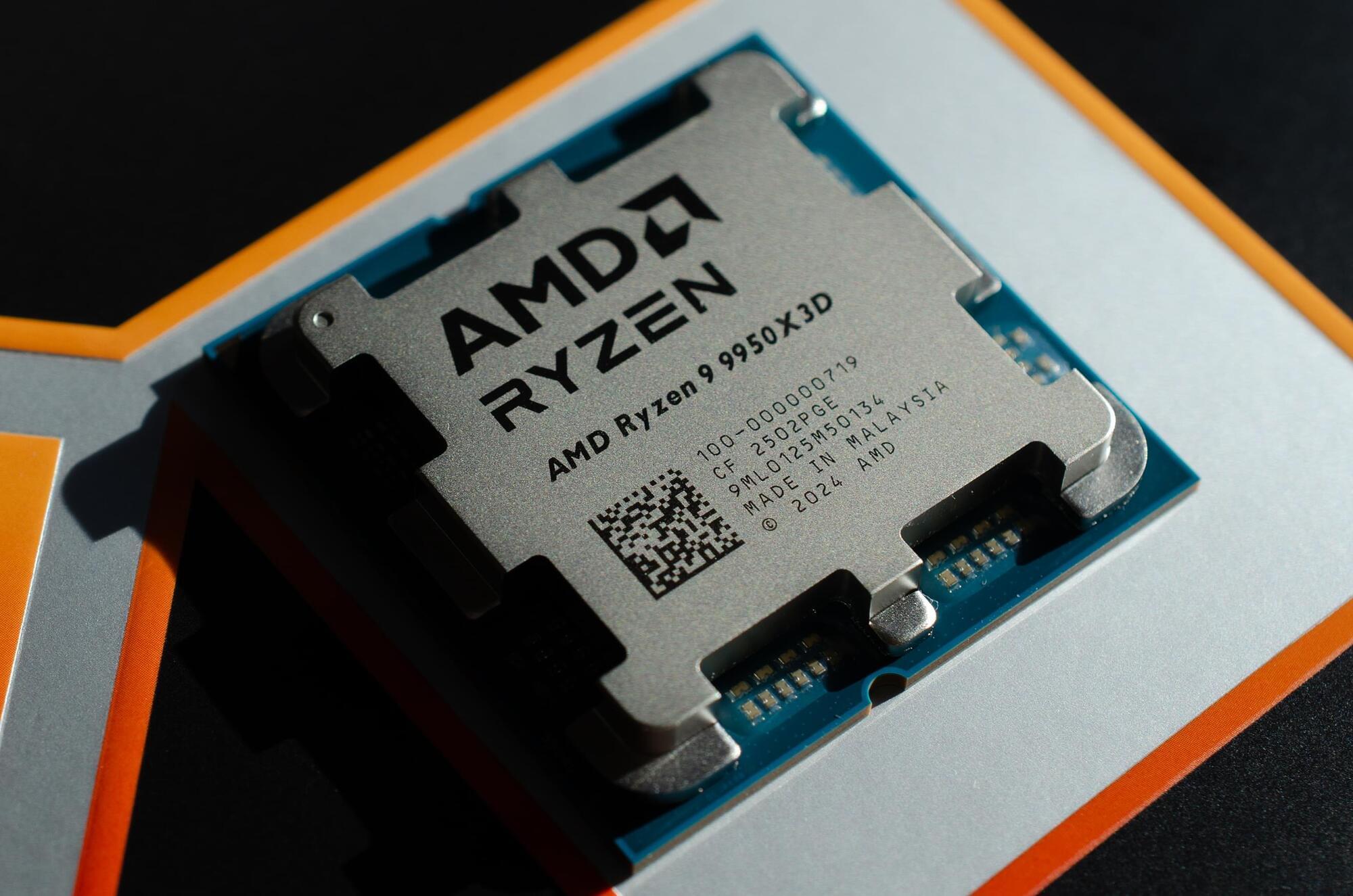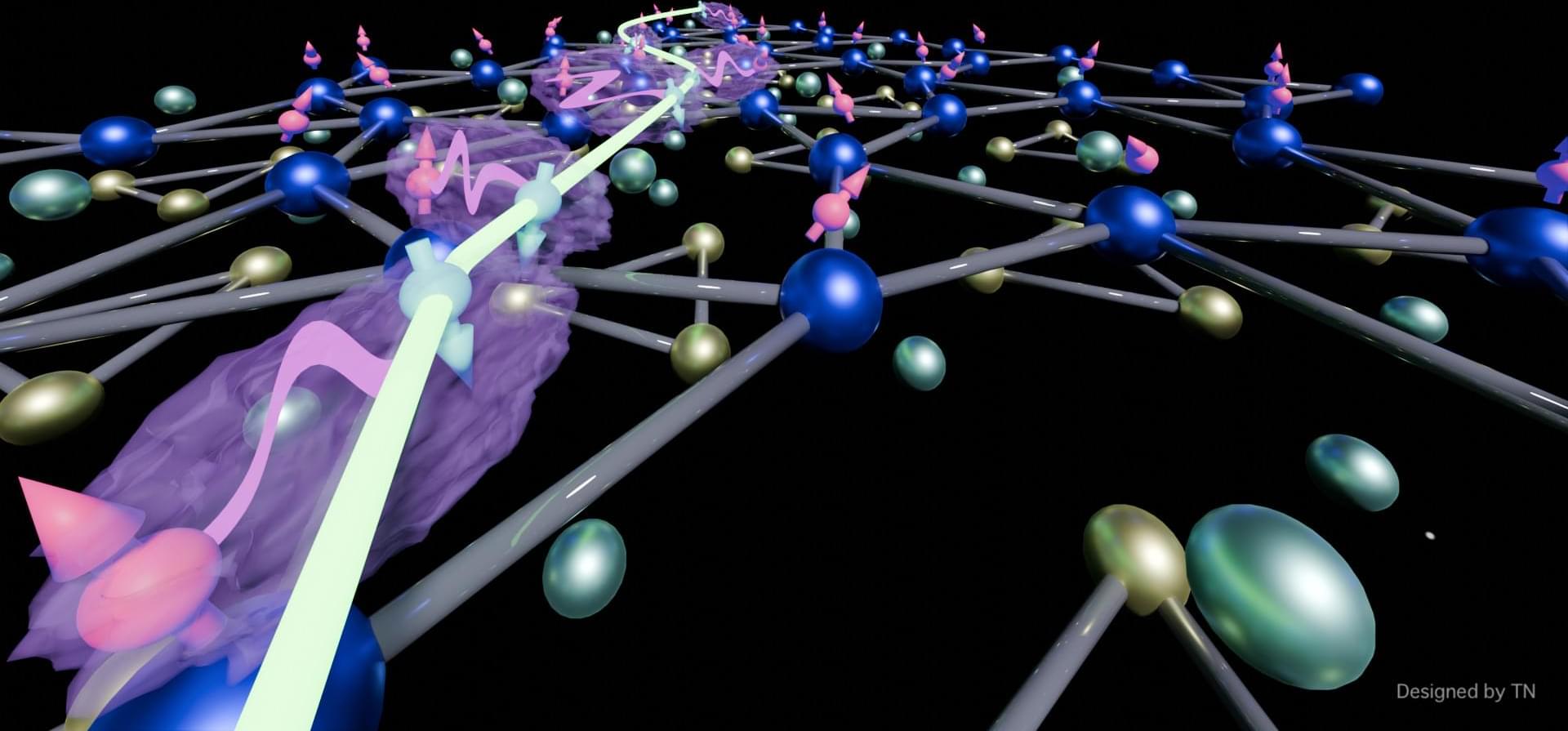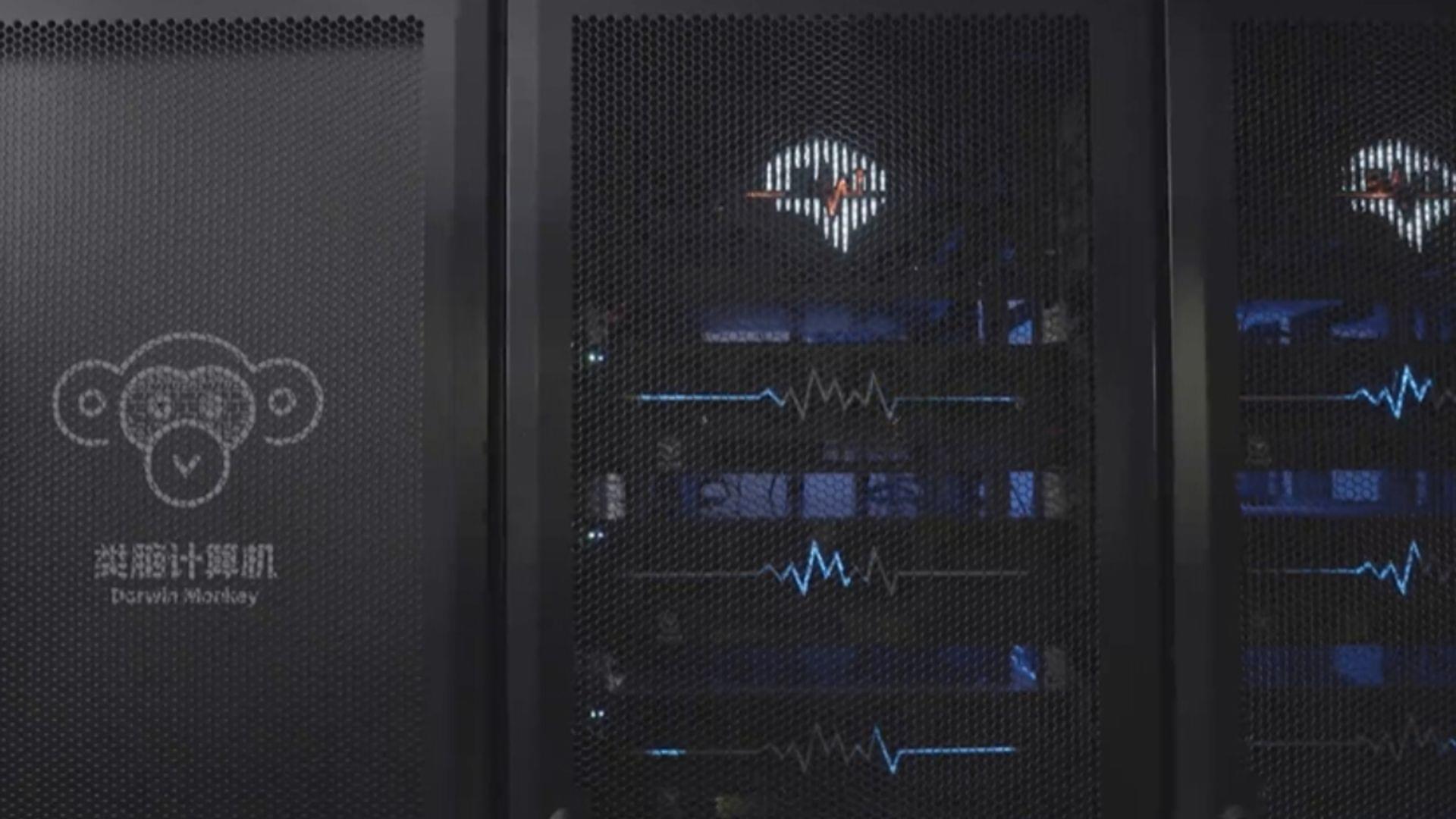One of the most promising approaches to overcoming this challenge is topological quantum computing, which aims to protect quantum information by encoding it in the geometric properties of exotic particles called anyons. These particles, predicted to exist in certain two-dimensional materials, are expected to be far more resistant to noise and interference than conventional qubits.
“Among the leading candidates for building such a computer are Ising anyons, which are already being intensely investigated in condensed matter labs due to their potential realization in exotic systems like the fractional quantum Hall state and topological superconductors,” said Aaron Lauda, professor of mathematics, physics and astronomy at the USC Dornsife College of Letters, Arts and Sciences and the study’s senior author. “On their own, Ising anyons can’t perform all the operations needed for a general-purpose quantum computer. The computations they support rely on ‘braiding,’ physically moving anyons around one another to carry out quantum logic. For Ising anyons, this braiding only enables a limited set of operations known as Clifford gates, which fall short of the full power required for universal quantum computing.”
But in a new study published in Nature Communications, a team of mathematicians and physicists led by USC researchers has demonstrated a surprising workaround. By adding a single new type of anyon, which was previously discarded in traditional approaches to topological quantum computation, the team shows that Ising anyons can be made universal, capable of performing any quantum computation through braiding alone. The team dubbed these rescued particles “neglectons,” a name that reflects both their overlooked status and their newfound importance. This new anyon emerges naturally from a broader mathematical framework and provides exactly the missing ingredient needed to complete the computational toolkit.








